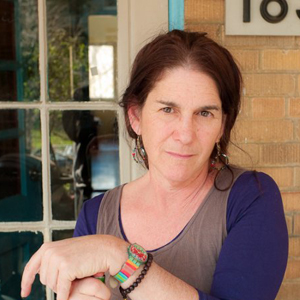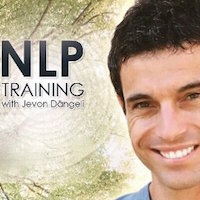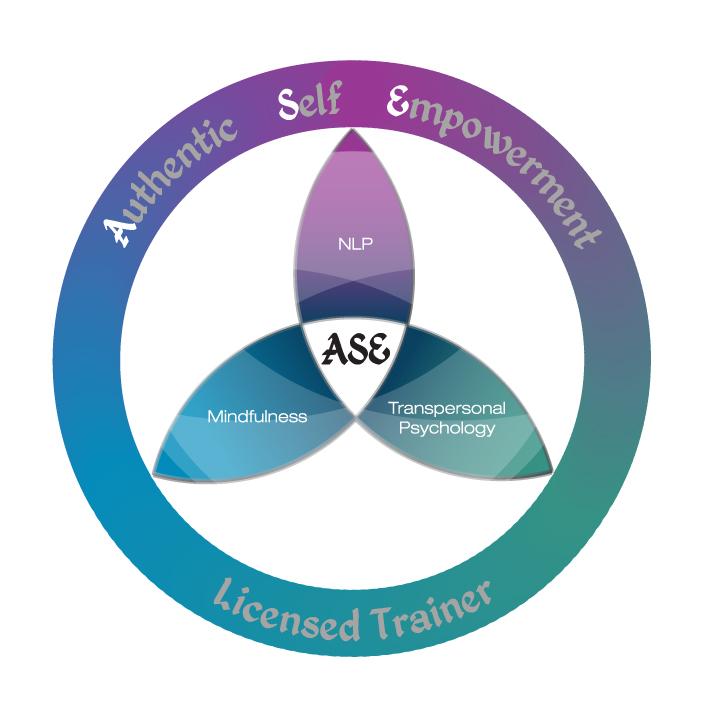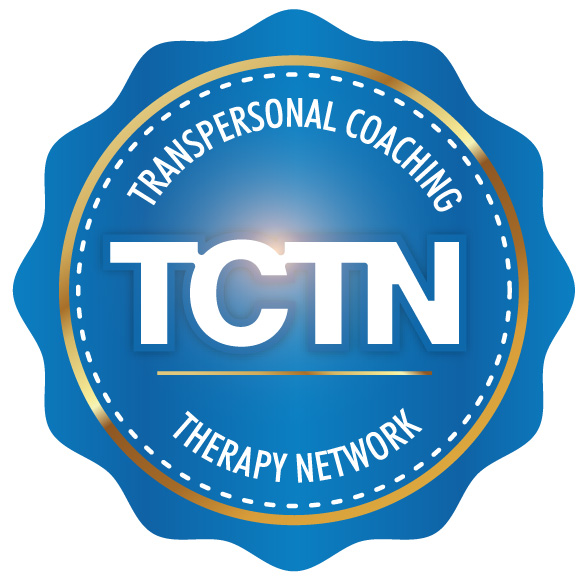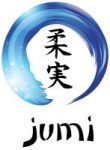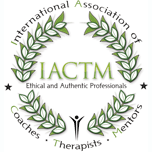Core Competencies
 IACTM Core Competencies
IACTM Core Competencies
IACTM recognizes that the nature of each relationship between clients and their coaches, therapists, mentors or trainers is always unique, plus no two clients or their needs are the same. As such, for any list of core competencies to be truly “core” or fundamental, it should adhere to ethical and authentic practices that honour the service to help others identify and nurture their potential, to become more fully functional and to thrive ecologically.
Rather than prescribing long lists of skills that coaches, therapists, counsellors, mentors, supervisors or trainers should be competent at in their practices, the list below represents what we at IACTM have identified to be useful core competencies that can and should be applied in each of the aforementioned areas of expertise. Furthermore, the training that the IACTM accredited professionals must have completed prior to them being eligible for IACTM accreditation is evaluated. We ensure that the training they have undergone has brought them to at least an optimal level of skill and professionalism. Our evaluation process also includes a list of accreditation criteria, that the IACTM professionals must fulfil.
One of the IACTM accreditation criteria that all the coaches, therapists, mentors and trainers in IACTM’s Directory are expected to be in alignment with in their professional practices is our Core Competencies. Nobody is expected to master these competencies all of the time, however each of the IACTM professionals is expected to understand and apply our Core Competencies and refer to them regularly as guidelines.
We take measures to ensure that the services provided by all the IACTM accredited professionals are congruent with our Core Competencies, as outlined in the following six categories:
1. Values and attitudes
- Beneficence and non-maleficence (intent to do good as far as is possible and not to do harm intentionally)
- Non-judgmental and accepting of the client’s map of reality.
- Motivated primarily by compassionate service, rather than personal gain or money.
- Has personal qualities appropriate to role: compassion, humility, insight, integrity, etc.
- Hope and faith grounded in but not bound by realism.
- The conviction that anyone can change and that at their core, everyone has good intentions and infinite potential.
2. Inter-personal skills
- Open, honest and pertinent communication from practitioner to client is essential at all times, including how the practitioner presents their way of working to prospective clients and sets the parameters in each session.
- Active listening and acknowledging of the client’s verbal as well as non-verbal communication.
- The ability to ‘hold the space’ for the client to express themselves freely.
- A willingness, intent and ability to develop and maintain rapport with the client. This involves creating a safe and supportive environment that cultivates mutual respect and trust.
- Awareness of the phenomena of transference and countertransference, as well as being proactive in maintaining accountability, ethics (see Code of Ethics) and professionalism in this regard.
- Open-minded and accepting of all belief systems, cultures, paradigms and individuals.
3. Intra-personal development
- Measures to nurture one’s personal journey of growth and self-discovery.
- Actively practising mindfulness and self-awareness in order to enhance one’s ability to be fully present in sessions with clients.
- Keeping up to date regarding the methodologies, techniques and interventions used in one’s profession.
- Maintaining accountability for one’s intra-personal development by undergoing appropriate supervision, especially while practicing professionally.
4. Transpersonal development
- Recognition of the transpersonal phenomena that can occur in the coaching, therapy and mentoring process as well as being able to discern between these phenomena and pathologies, while responding to them with sensitivity and empathy.
- Involving oneself in personal inner explorations of the shadow, emotional and spiritual aspects of the self so that, as far as is possible, these aren’t hidden barriers to the coaching, therapeutic or mentoring process with a client. Professional guidance and/or supervision should be called on.
- Engage in regular spiritual practice(s) oneself, for example: yoga, meditation, prayer, journalling, going on retreat, etc.
- Join and participate in the TCTN forum.
5. Professionalism
- Inform prospective new clients upfront about how you work and get agreement from them regarding the types of interactions and the realistic outcomes that they can expect as a result of the session(s) with you.
- Be client centred (as opposed to agenda or script centred). Work at the optimal pace and frequency for the client to get maximum benefit from your service.
- Client’s should be encouraged to measure their own success and provided with the means (if necessary) to do so, in order for them to decide on how long to remain in the coaching relationship.
- The practitioner should be able to demonstrate that they offer: fair costs, confidentiality, safeguarding of vulnerable persons, data protection, equity of access, criteria for dealing with complaints.
- Work within the IACTM Code of Ethics.
6. General
- Knowledge of, experience with, and a passion for a range of relevant coaching or therapy, or mentoring, or training approaches, as well as their underlying philosophy.
- An in-depth understanding of the facilitation process and model in the professional coaching or therapy, or mentoring, or training context.
- The developed skill of intuitive coaching or therapy, or mentoring, or training that integrates knowledge and skill and intuition while being able to adapt to what is best for the client in the moment.
- All processes should lead to wholeness and ultimately develop the client’s accountability to hold their attention on what is important to them and to take appropriate actions. Furthermore, all processes should assist the client to be aware of the impact of any personal transformation and resulting actions in the other contexts of their life that will also be affected.
- Client’s should leave each session in a resourceful and grounded state.

